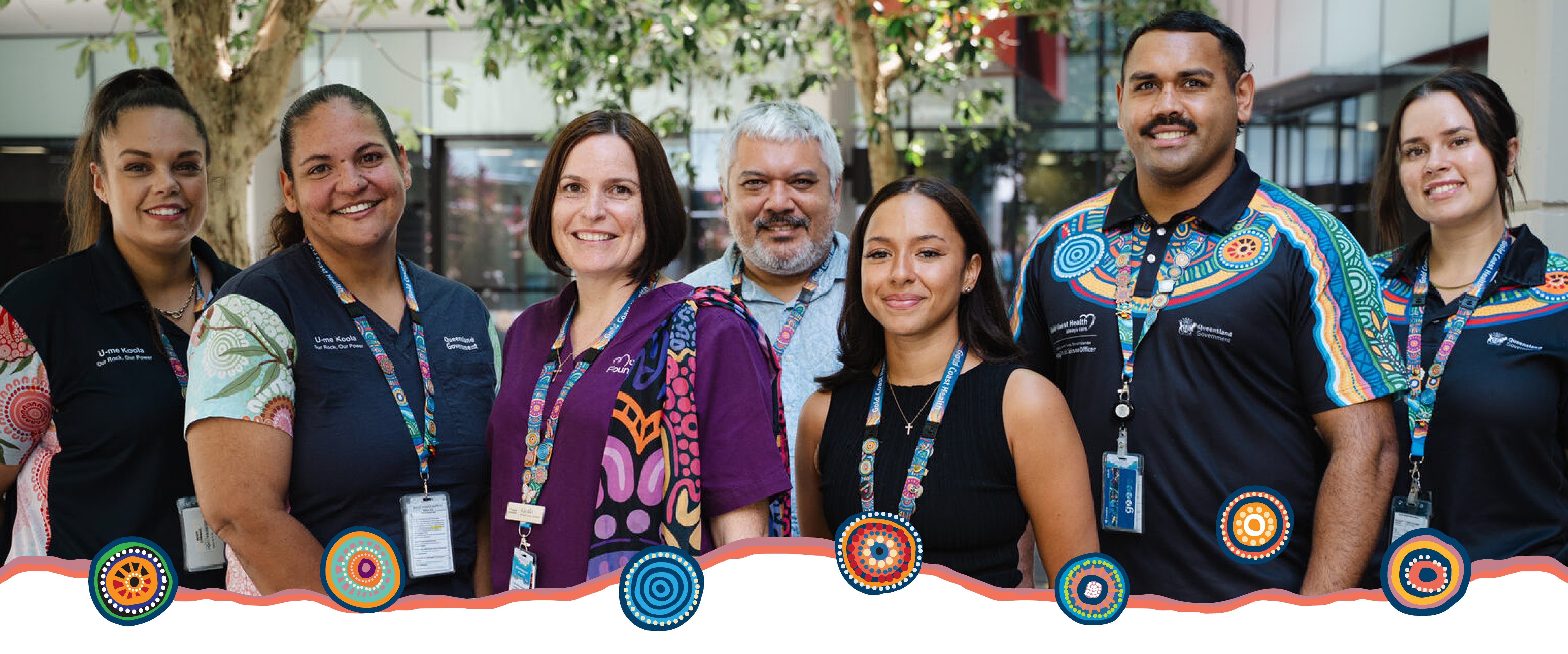Heat illness: safeguarding our health system and empower communities to act early.
Quick facts
Each year hundreds of thousands of people descend on the Gold Coast for major events. Exposure to heat and humidity at these events is underestimated, resulting in a spike in preventable hospital presentations and consequences of heat-related illness. Australia currently lacks a clear, data-driven approach to managing heat risk at mass-gathering sporting events. We plan to bring together the public health unit, emergency departments, major events, and local universities in a coordinated collaboration. The goal is simple - generate the evidence for smarter resourcing that safeguards our health system and empowers our communities to act early on heat illness, ensuring positive experiences at major sporting events on the Gold Coast. The health positive benefits are immediate and long-term: fewer preventable hospitalisations, safer events, reduced pressure on emergency services, and avoiding the human and financial costs of getting it wrong.
Grants Awarded
Indigenous-led First Peoples Health Interprofessional and Simulation-Based Learning Innovations: mixed methods study of nursing academics' experience of working in partnership
R. West, V. Saunders, L. West, R. Blackman, L. Del Fabbro, G. Neville, F. R. Minniss, J. Armao, T. van de Mortel, V. J. Kain, K. Corones-Watkins, E. Elder, R. Wardrop, M. Mansah, C. Hilton, J. Penny, K. Hall, K. Sheehy and G. D. Rogers
Taking simulation out of its safe container"-exploring the bidirectional impacts of psychological safety and simulation in an emergency department"
E. Purdy, L. Borchert, A. El-Bitar, W. Isaacson, L. Bills and V. Brazil
Development of an Electronic Interdisciplinary Chronic Obstructive Pulmonary Disease (COPD) Proforma (E-ICP) to Improve Interdisciplinary Guideline Adherence in the Emergency Department: Modified Delphi Study
Exploring the experience of reflective writing among Taiwanese undergraduate nursing students: A qualitative study
C. Lin, L. Chen, C. Han, C. Su and Y. Huang
Prospective, multicentre observational study of point-of-care ultrasound practice in emergency departments across Australia and New Zealand: The POCUS-ED Registry
C. Partyka, S. Flannagan, G. Carbonatto, A. Buttfield, S. Watkins, S. Bomann, H. Alkhouri and P. M. Middleton
Crisis leadership: a case for inclusion in accredited Master of Public Health program curricula
A. J. Hertelendy, S. Chekijian, E. McNulty, C. L. Mitchell, J. O. Grimes, P. Durneva, J. Ranse, A. Voskanyan, V. Nazarian, S. Rawaf, C. Tabche and G. R. Ciottone
Optimising emergency department and acute care for people experiencing mental health problems: a nominal group study
D. Marynowski-Traczyk, M. Wallis, M. Broadbent, P. Scuffham, J. T. Young, A. N. B. Johnston, G. FitzGerald, E. Heffernan, S. A. Kinner, P. Zhang, G. Keijzers, E. Bosley, M. Martin-Khan, L.
Tracking the clonal dynamics of SARS-CoV-2-specific T cells in children and adults with mild/asymptomatic COVID-19
W. H. Khoo, K. Jackson, C. Phetsouphanh, J. J. Zaunders, J. Alquicira-Hernandez, S. Yazar, S. Ruiz-Diaz, M. Singh, R. Dhenni, W. Kyaw, F. Tea, V. Merheb, F. X. Z. Lee, R. Burrell, A. Howard-Jones, A. Koirala, L. Zhou, A. Yuksel, D. R. Catchpoole, C. L. Lai, T. L. Vitagliano, R. Rouet, D. Christ, B. Tang, N. P. West, S.




